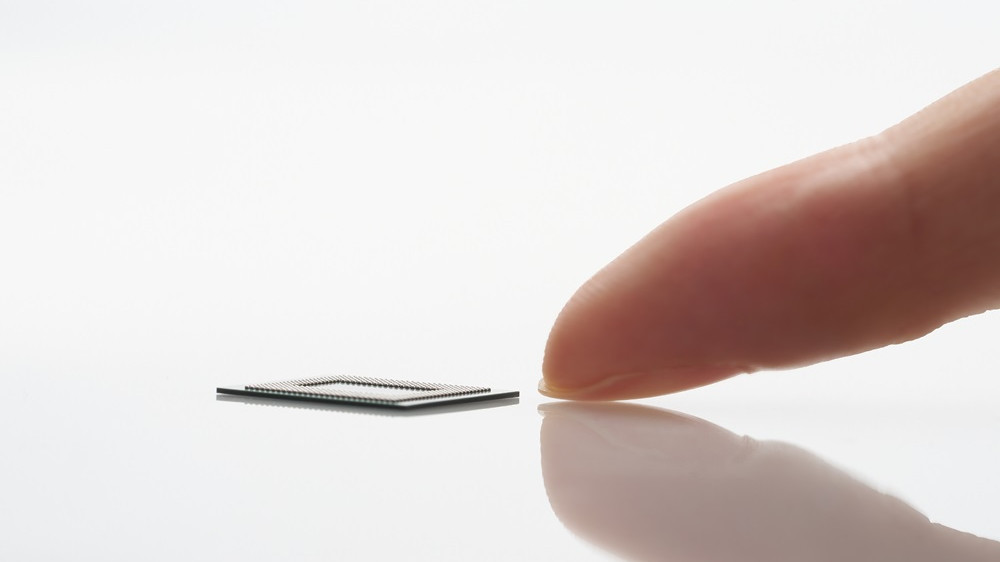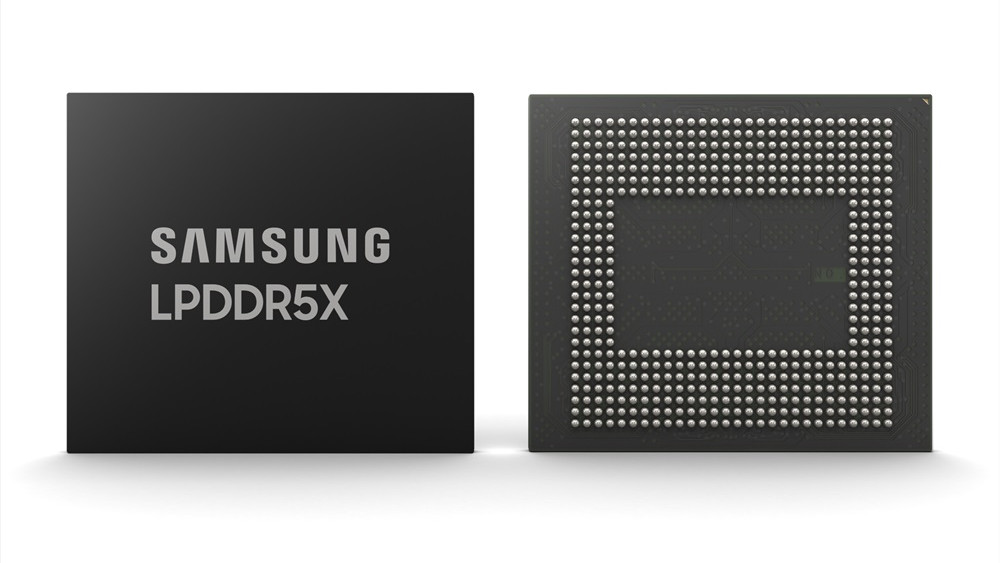
Samsung has fired up the production lines in earnest to make its new super-trim LPDDR5X memory which has the potential to usher in slimmer laptops (or smartphones and tablets) down the line.
In a press release, Samsung announced that it has started mass production of what it calls the industry’s thinnest 12nm LPDDR5X DRAM (low-power RAM for mobile devices) in 12GB and 16GB modules.
Samsung boasts: “With the new LPDDR5X DRAM packages, Samsung offers the industry’s thinnest 12 nm-class LPDDR DRAM in a 4-stack structure, reducing the thickness by approximately 9% and improving heat resistance by about 21.2%, compared to the previous generation product.”
A hair under 10% thinner might not sound like that big of a deal, but when it comes to the cramped innards of a laptop – particularly a thin-and-light device – every small space-saving measure really does matter.
We’re told that the RAM module is 0.65mm thin to be precise, about the same width as a fingernail. Furthermore, Samsung observes that 24GB (6-layer) and 32GB (8-layer) LPDDR memory modules are coming in the future.

Analysis: A call for wafer-thin laptops – or maybe something completely different
So, even thinner AI laptops – and indeed other notebooks besides the likes of Copilot+ PCs – could be coming before too long, seeing as this LPDDR5X DRAM is now being cranked out in volume. Although obviously it’ll still be a while before it’s widely shipped, baked into laptops, and those devices are on shelves.
Of course, it’s also ultimately up to the laptop makers what they do with the space-saving gift the new memory modules provide. A notebook manufacturer might put it towards making any given device thinner, as mentioned, although the angle Samsung takes is for the space to help with airflow. As Samsung notes, improved airflow, which means better thermal performance, is becoming “increasingly critical especially for high-performance applications with advanced features such as on-device AI.”
It’s a fair argument, and indeed another common tactic is to use any extra saved space for other components, most obviously the battery – a bigger battery for better longevity, an equally valid road to take with a laptop.
Really, there are a whole host of interrelated design factors that could come into play, balanced against each other, but nonetheless, this is a component innovation which has the potential to enable slimmer notebooks. And that could well mean trimmer Copilot+ PCs which will be well-served by a single 16GB module of Samsung’s new LPDDR5X memory.
After all, in the battle of the best laptops, Windows 11 AI PCs might be competing against even thinner MacBooks before too long. Rumor has it that Apple is looking to trim down its MacBook Pro for starters, and other devices besides, in its quest for the ‘thinpossible’ which kicked off with the iPad Pro earlier this year.
.jpg?w=600)






